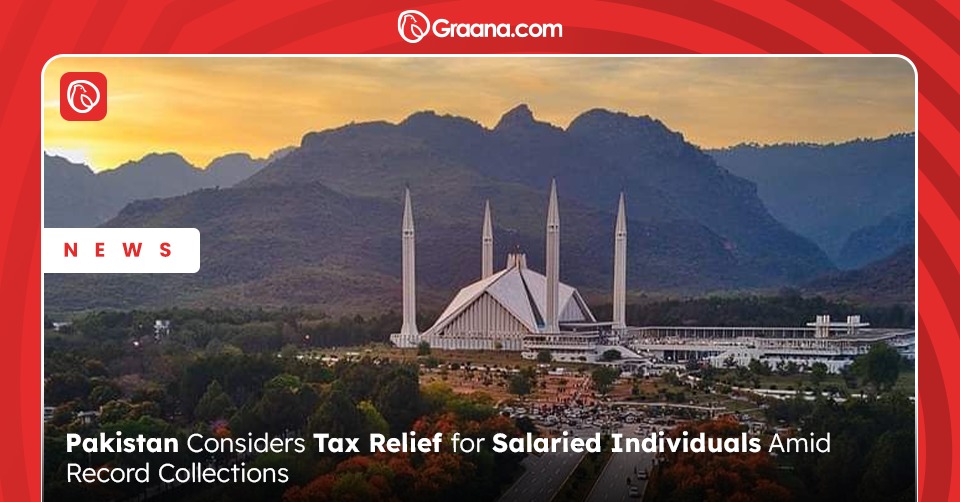The year 1988 brought the advanced postal code system to Pakistan. Essential for mail delivery infrastructure, this system introduced effective and swift postal services across the country. Pakistan’s postal codes, also known as ZIP codes, consist of a five-digit numeric code that is associated with specific postal centres. In this blog, Graana.com brings you a complete list of Pakistan postal codes.
Overview Pakistan Postal Code
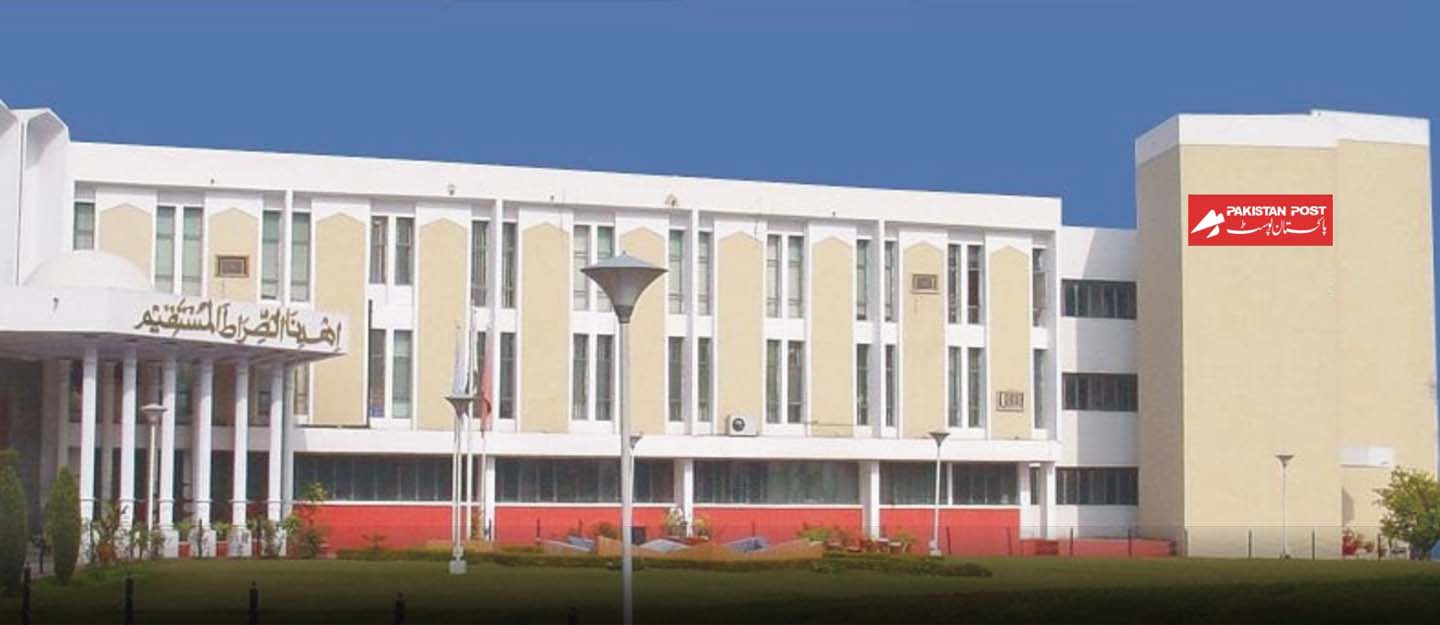
In aspects of geography and culture, Pakistan is a rich and diverse country. It is administratively divided into four provinces:
- Balochistan
- Khyber Pakhtunkhwa
- Punjab
- Sindh
Additionally, the federal territory of Islamabad and the tribal areas under federal administration contribute to the country’s administrative divisions.
Structure of Pakistan Postal Code and Zip Code
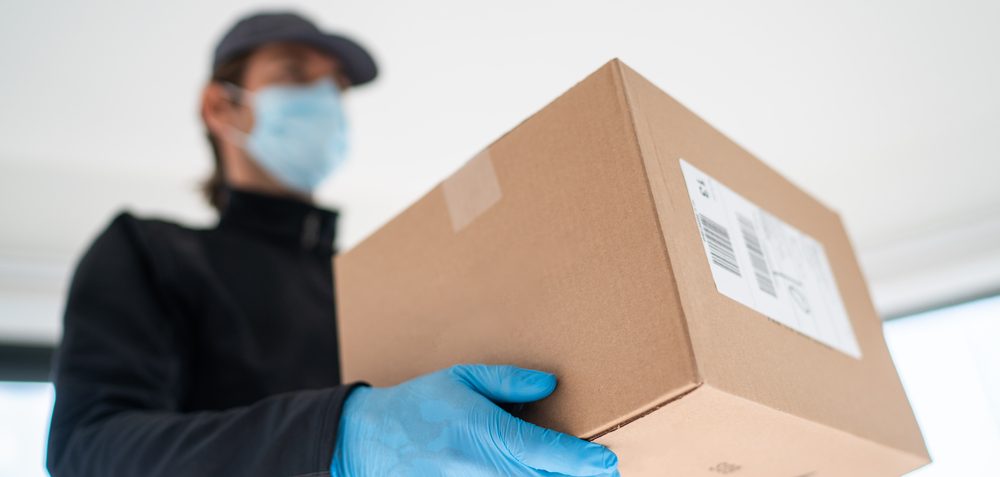
The structure of Pakistan’s ZIP codes reflects this administrative division. The first two digits of the ZIP code correspond to the respective province. Whereas, the following three digits indicate the district or associated post office, including the General Post Offices (GPOs).
Here is a breakdown of the ZIP code ranges for each province:
- Balochistan: ZIP codes range from 82xxx to 92xxx
- Khyber Pakhtunkhwa: ZIP codes range from 19xxx to 29xxx
- Punjab: ZIP codes range from 30xxx to 64xxx
- Sindh: ZIP codes range from 65xxx to 79xxx
- Islamabad: The capital territory uses ZIP codes from 44000 to 45320
Furthermore, some partially autonomous provinces of Jammu and Kashmir, utilise Pakistan postal services. These areas have Pakistan postal codes ranging from 00010 to 12991.
List of Pakistan Postal Code
Here is a table reflecting the Pakistan postal code of major areas.
| Area | Postal Code |
| Karachi City | 74000 |
| Lahore City | 54000 |
| Islamabad City | 44000 |
| Rawalpindi City | 46000 |
| Faisalabad City | 38000 |
| Multan City | 60000 |
| Peshawar City | 25000 |
| Quetta City | 87300 |
| Gujranwala City | 52250 |
| Gujrat City | 50700 |
| Sialkot City | 51310 |
| Hyderabad City | 71000 |
| Bahawalpur City | 63100 |
| Sargodha | 40100 |
| Abbottabad | 22010 |
| Sukkur City | 65200 |
| Larkana City | 77150 |
| Mardan | 23200 |
| Kasur | 55050 |
| Rahim Yar Khan | 64200 |
| Sahiwal | 57000 |
| Okara | 56300 |
| Wah Cantonment | 47080 |
| Dera Ghazi Khan | 60000 |
| Mirpur | 10250 |
| Mingora | 19130 |
| Nawabshah | 67450 |
| Bannu | 28100 |
| Kohat | 26000 |
| Kamalia | 36100 |
| Dadu | 76200 |
| Muzaffarabad | 13100 |
| Sheikhupura | 39350 |
| Chiniot | 35400 |
| Hafizabad | 52110 |
| Sadiqabad | 64350 |
| Jacobabad | 79000 |
| Jhelum City | 49600 |
| Khanewal | 58150 |
| Khairpur | 66020 |
| Khuzdar | 89200 |
| Mandi Bahauddin | 50400 |
| Chaman | 86000 |
| Mingora | 19130 |
| Gwadar | 91200 |
| Kohlu | 29150 |
| Mianwali | 42000 |
| Malakand | 18600 |
| Turbat | 92600 |
| Gilgit City | 15100 |
| Thatta | 73100 |
| Badin | 72220 |
| Sibi | 82200 |
| Chakwal | 48800 |
| Haripur | 22620 |
| Matiari | 70250 |
| Dera Ismail Khan | 29050 |
| Bannu | 28100 |
| Jamshoro | 76080 |
| Mansehra | 21300 |
| Tando Allahyar | 70080 |
| Vehari City | 61100 |
| Attock City | 43600 |
| Bhakkar | 30000 |
| Mian Channu | 58200 |
| Tando Muhammad Khan | 71050 |
| Narowal | 51600 |
| Zhob | 85200 |
| Nowshera | 24100 |
| Shikarpur | 78100 |
| Kandhkot | 69500 |
| Hangu | 28300 |
| Lakki Marwat | 28420 |
| Kohistan | 19550 |
| Ghotki | 65250 |
| Kurram | 27200 |
| Malir | 75070 |
| Qila Saifullah | 85200 |
| Swabi | 23430 |
| Zhob | 85200 |
| Nankana Sahib | 37350 |
| Dera Allah Yar | 31350 |
| Lodhran | 58220 |
| Kamber Shahdadkot | 77300 |
| Pishin | 87310 |
| Tank | 28450 |
| Upper Dir | 18000 |
| Layyah | 31200 |
| Charsadda | 24420 |
| Toba Tek Singh | 36050 |
| Swat | 19200 |
| Jhang | 35200 |
| Bhimber | 10250 |
| Pakpattan | 57400 |
| Haveli Lakha | 58230 |
| Alipur | 58220 |
| Shabqadar | 24520 |
| Jalalpur Jattan | 51300 |
| Nowshera Virkan | 52080 |
| Kharian | 50030 |
| Jatoi | 58280 |
| Tandlianwala | 37660 |
| Risalpur | 24080 |
| Dullewala | 34200 |
| Chawinda | 51410 |
| Qila Didar Singh | 51480 |
| Pasrur | 51480 |
| Khanpur | 58250 |
| Gojra | 36120 |
| Dinga | 50000 |
| Pasni | 91200 |
| Talagang | 48800 |
| Khanqah Dogran | 54300 |
| Kahror Pakka | 58260 |
| Nankana Sahib | 37350 |
| Shahdad Kot | 77300 |
| Tando Adam | 68100 |
| Arifwala | 57460 |
| Sakrand | 67400 |
| Tando Allahyar | 70080 |
| Umerkot | 76100 |
| Bhera | 47600 |
| Naushahro Feroze | 67480 |
| Usta Muhammad | 90100 |
| Akora Khattak | 24450 |
| Dunga Bunga | 63350 |
| Dunyapur | 63060 |
| Fort Abbas | 63200 |
| Hujra Shah Muqim | 58180 |
| Islamkot | 69200 |
| Johi | 67370 |
| Kalat | 86500 |
| Kallar Kahar | 48300 |
| Kandiaro | 67150 |
| Kanganpur | 58210 |
| Kashmor | 80200 |
| Kot Addu | 66200 |
| Kunri | 69300 |
| Lala Musa | 50700 |
| Liaquatabad | 59000 |
| Mach | 90100 |
| Madeji | 67440 |
| Mailsi | 61100 |
| Mandi | 45200 |
| Mangla | 49920 |
| Mananwala | 38100 |
| Manghopir | 75890 |
| Manpur | 61100 |
| Mithi | 69250 |
| Moro | 67200 |
| Mubarakpur | 51020 |
| Muridke | 52550 |
| Murree | 47150 |
| Muzaffargarh | 34200 |
| Nagarparkar | 69250 |
| Narang Mandi | 37100 |
| Nasirabad | 89200 |
| Naukot | 69250 |
| Naukundi | 95350 |
| Nawabpur | 40200 |
| Nihalpur | 58300 |
| Nurpur Thal | 41300 |
| Paharpur | 47060 |
| Pano Aqil | 78150 |
| Pir Mahal | 36130 |
| Qadirpur Ran | 59100 |
| Qambar | 67330 |
| Radhan | 59100 |
| Ranipur | 68200 |
| Ratodero | 77100 |
| Rawalakot | 12350 |
| Renala Khurd | 57170 |
| Rohri | 66100 |
| Safdarabad | 36810 |
| Sahiwal | 57000 |
| Sanghar | 68100 |
| Sarai Alamgir | 50030 |
| Sawa | 60200 |
| Sibi | 82200 |
| Sohawa | 47300 |
| Sultanabad | 73000 |
| Takhtbai | 23350 |
| Talagang | 48800 |
| Talhar | 69110 |
| Tandlianwala | 37660 |
| Taunsa Sharif | 32100 |
| Thall | 47270 |
| Tharu Shah | 68160 |
| Tordher | 24040 |
| Ubauro | 70040 |
| Umarkot | 68100 |
| Usta Muhammad | 90100 |
| Vihari | 61100 |
| Warah | 67310 |
| Warburton | 54060 |
| Wazirabad | 52000 |
| Yazman | 62300 |
| Zafarwal | 51570 |
| Zambo | 45010 |
| Zhob | 85200 |
| Ziarat | 86100 |
Contributing to National Development
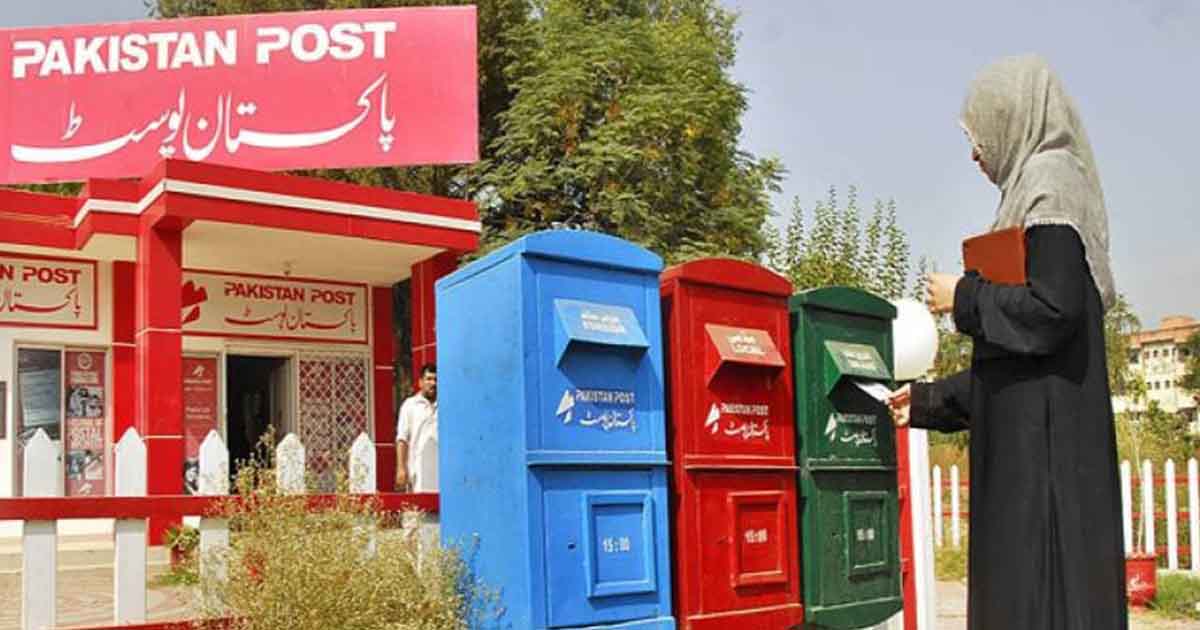
Beyond their role in mail delivery, postal codes also contribute to the overall development of a country. Here’s how:
Improved Communication and Connectivity
Postal codes facilitate faster and more reliable mail delivery, enhancing communication between individuals, businesses, and government agencies. This connectivity is crucial for economic activities and social interactions.
Effective Logistics and Supply Chains
By enabling precise addressing and routing of mail and packages, postal codes help streamline logistics and supply chains. This efficiency can lead to cost savings and faster delivery times for goods and services, supporting economic development.
Enhanced Postal Services
The use of postal codes allows postal services to better organise and manage their operations. This leads to improved service quality, benefiting both senders and recipients of mail.
Digital Transformation
In an increasingly digital world, postal codes are also essential for online transactions and e-commerce. They help ensure that packages are delivered accurately and efficiently, supporting the growth of online businesses.
How to Find Your Postal Code in Pakistan
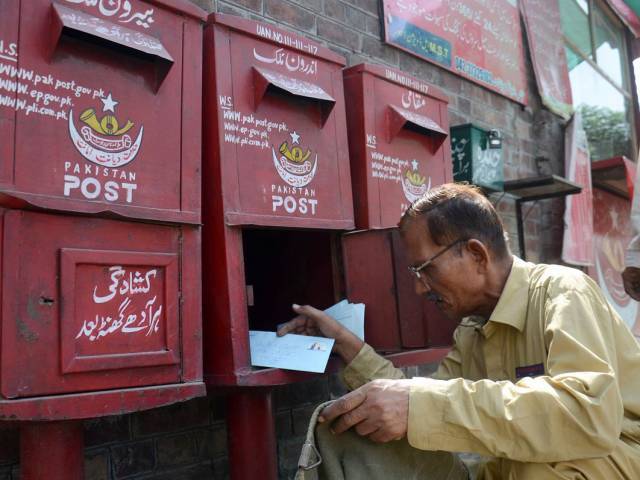
If you’re unsure about your area’s postal code in Pakistan, there are several ways to find this information. One option is to visit your nearest Pakistan Post Office, where staff can provide you with the correct postal code for your location.
Alternatively, you can contact Pakistan Post directly for assistance. You can reach them by calling 111-111-117 or by sending an email to customercare@pakpost.gov.pk. They will be able to help you find the postal code you need.
Knowing your postal code is important for more than just receiving mail. It can also help you accurately locate your address on online maps and services. Therefore, it is advisable to always include your postal code along with your address on any correspondence or document.
Conclusion
Postal codes are not just a series of numbers; they are a critical component of a country’s infrastructure. By enabling efficient mail delivery and supporting economic development, postal codes play a key role in enhancing the quality of life for people in Pakistan and beyond.
Frequently Asked Question
Here are some FAQs related to Pakistan Postal Codes
What is a Postal Code?
A postal code is a series of numbers assigned to a specific geographical area or address. In Pakistan, postal codes typically consist of five digits, such as 44000 for Islamabad or 54000 for Lahore.
How can I track a package sent through Pakistan Post?
You can track a package sent through Pakistan Post by using the tracking number provided to you at the time of mailing. Simply visit the Pakistan Post website and enter the tracking number in the designated tracking tool. The system will then display the current status and location of your package. Alternatively, you can also track your package by visiting or calling your local post office and providing them with the tracking number.
What services does Pakistan Post offer?
Pakistan Post offers a range of postal and related services, including domestic and international mail delivery, postal savings schemes, money transfer services (both domestic and international), retail services (such as stamp sales and philatelic services), and logistics services. Additionally, Pakistan Post also offers e-commerce services and has a network of post offices across the country to serve its customers.
Why Are Postal Codes Important?
Postal codes are vital for ensuring the efficient and timely delivery of mail. By including a postal code in an address, senders can help postal workers quickly identify the correct delivery area, reducing the risk of delays or misdelivery.
How Can I Find My Postal Code?
You can visit your nearest Pakistan Post Office to inquire about your area’s postal code. Alternatively, you can contact Pakistan Post by calling 111-111-117 or sending an email to customer care at pakpost.gov.pk for assistance.
Can Knowing My Postal Code Help Me Locate My Address Online?
Yes, knowing your postal code can help you accurately locate your address on online maps and services. This can be useful for various purposes, including receiving deliveries and navigating to your location.
Should I Always Include My Postal Code in my Address?
Yes, it is advisable to always include your postal code along with your address on any correspondence or document. This helps ensure that your mail is delivered to the correct location without delay.
Do Postal Codes Contribute to National Development?
Yes, postal codes play a role in national development by facilitating improved communication, efficient logistics, and enhanced postal services. They also support the growth of online businesses and e-commerce.
Are Postal Codes the Same as ZIP Codes?
Yes, postal codes in Pakistan are also known as ZIP codes. They serve the same purpose of helping to sort and route mail to its intended destination accurately.
Are There Special Postal Codes for Institutions or Government Agencies?
Yes, special postal codes are sometimes assigned to individual addresses or institutions that receive large volumes of mail, such as government agencies and large commercial companies.
How Many Countries Require the Use of Postal Codes?
As of August 2021, the Universal Postal Union lists 160 countries which require the use of a postal code.
Can I Use Postal Codes for Online Transactions and E-commerce?
Yes, postal codes are essential for online transactions and e-commerce, as they help ensure that packages are delivered accurately and efficiently.
For more information on postal services in Pakistan, visit Graana Blog.


